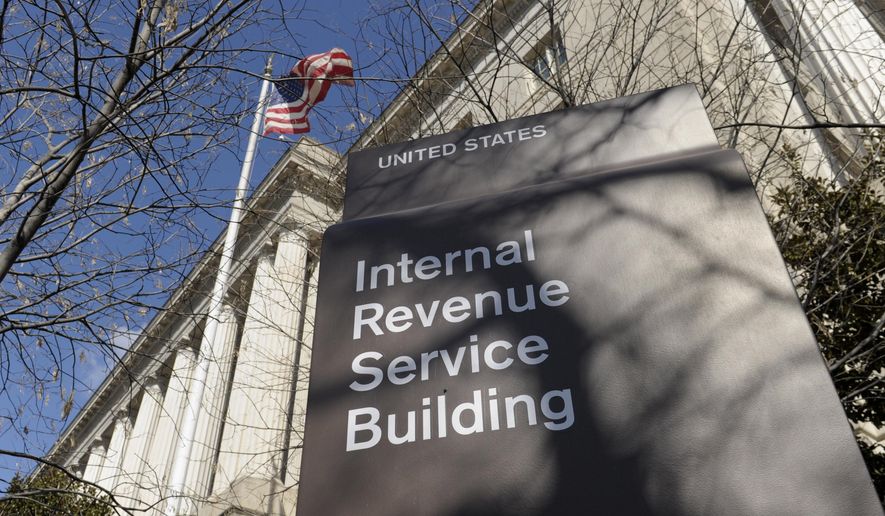A surge of identity theft and tax fraud scams related to the coronavirus stimulus payments have been reported in recent days, the Internal Revenue Service said Thursday.
The IRS said taxpayers should watch out for emails, text messages, websites and social media posts asking for money or personal information to get potential victims to fork over their economic impact checks.
Scammers are mailing fraudulent checks designed to look like the real stimulus checks, but recipients are required to verify their personal information by going online or calling a phone number.
The IRS said a check is phony if it arrives immediately because stimulus payments won’t be mailed for another three weeks, is written for an unusual amount that includes cents or requires phone or email verification.
A common scam is for fraudsters to email people telling them they must “verify” their tax filing information. That information is then used to file a false tax return in their victim’s name and steal their refund.
Other scammers are asking potential victims to sign over their economic stimulus checks to them.
Potential victims have also been contacted via social media or text with promises of getting their money faster if they submit their personal information. The IRS warned individuals not to open attachments or click links guaranteeing a stimulus payment earlier than expected.
“History has shown that criminals take every opportunity to perpetrate a fraud on unsuspecting victims, especially when a group of people is vulnerable or in a state of need,” said IRS Criminal Investigation Chief Don Fort. “While you are waiting to hear about your economic impact payment, criminals are working hard to trick you into getting their hands on it.”
In most cases, the IRS will deposit the economic impact checks into the direct deposit account taxpayers provided on tax returns. Taxpayers who have filed but did not provide direct deposit information will have a check mailed to their address on file.
The IRS said no one from the agency will be reaching out to those who receive stimulus payments or request personal information of any kind.
• Jeff Mordock can be reached at jmordock@washingtontimes.com.




Please read our comment policy before commenting.